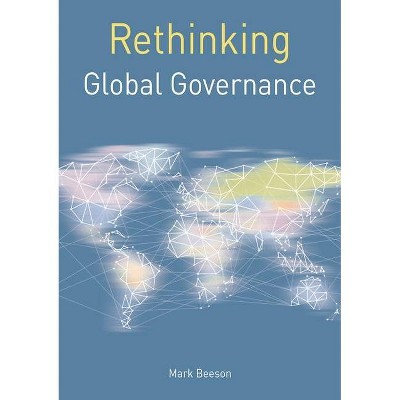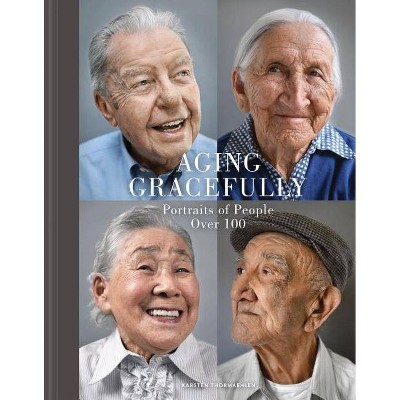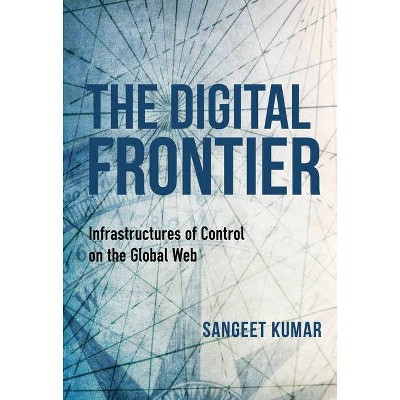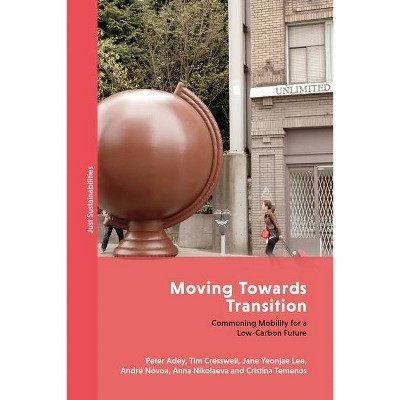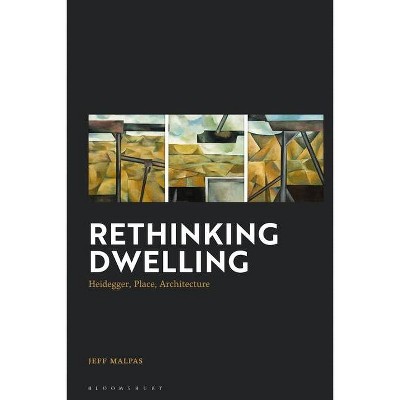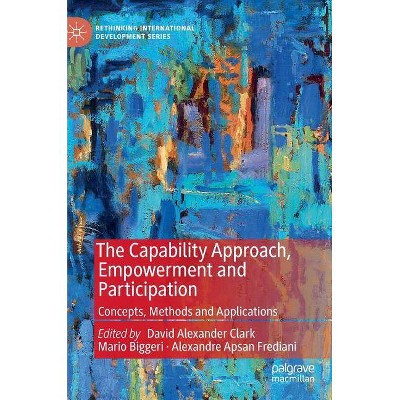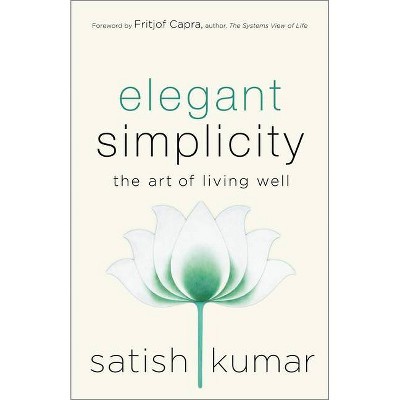Rethinking the Aging Transition - by Kallol Kumar Bhattacharyya (Hardcover)
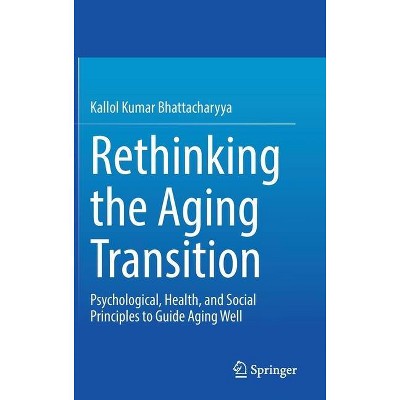
Similar Products
Products of same category from the store
AllProduct info
<p/><br></br><p><b> Book Synopsis </b></p></br></br><b>1. Introduction</b><p>The current book is not only a discussion of the transition of life events of older adults but also a transition of views from a physician's perspective to a gerontologist's on addressing aging from a unique and distinct vantage point. This introductory chapter discusses the factors influencing the author's trajectory. Probably, the most powerful impact on the trajectory is that the author's grandmother suffered from Alzheimer's disease, and the author's mother is also showing the clinical manifestations of that disorder. The author has witnessed the disease process not only as a clinician but also as a family member and care partner. The chapters tie various disparate themes together focusing on the period of transition between late middle age and early old age (discussed in the chapter on aging and retirement), emphasizing an analysis of the differences between Eastern and Western cultures (the central aspect in the chapters on aging and spirituality, aging and diversity, and aging and caregiving), and promoting a person-centered holistic biopsychosocial approach to aging that maximizes their quality of life while living with different chronic disorders (the key element in the chapters on aging and physician, aging and longevity, aging and mental health, and aging and dementia).</p> <p>Keywords: Transition, Gerontology, Alzheimer's disease, India, United States.</p> <p><b>2. Aging and Physicians. </b></p> <p>The latest advancements in medicine have increased longevity across the globe. However, how are the current quality of lives in those gained extra days due to blessings of medicalization? How honest are the clinicians, in this respect, while taking care of the diseased? A psychological bonding is essential for both doctor and patient to maintain a trustworthy relationship. Reaching beyond medical model treatments, clinicians should upgrade their responsibility by embracing person-centered care that includes medical care but focuses on individuals' quality of life and wellbeing. Humanity should be our priority. To be a change agent, every clinician must raise their hands against the overwhelming harmful effects of medicalization. Though, this is very frustrating to see that the situation of older adults is not much different in a so-called developed country compared to that of a so-called developing country. Still, the recent COVID-19 pandemic has reminded the entire world that physicians are always the last hope through their leadership roles, humanity, and invincible determination. This chapter discusses physicians' moral role to act as the change agent in the world of caregiving.</p> <p>Keywords: Clinicians, medical care, medicalization, change agent, moral role.</p> <p><b>3. Aging and Retirement. </b></p> <p>As the population is "graying" throughout the globe, the term "retirement' is gaining importance day by day from different newer perspectives. It is probably one of the inevitable destinations of every human adult, regulates an intergenerational social cycle that operates the status of the economic development of a country. The transition from working life to apparent workless life controls the wellbeing of the concerned person remarkably economically, physically, and psychologically. However, the subtle idea of retirement should not be tied only to the transition from pre-older adults to older adults on a specific day; instead, the transitioning is in every day, every moment, even beyond that age. In later life, all these issues have a collective and profound impact on the morbidity and life span of the individual. However, with the progression of time, today's aging population has many more options regarding retirement planning from work, which were never present before. R
Price History
Price Archive shows prices from various stores, lets you see history and find the cheapest. There is no actual sale on the website. For all support, inquiry and suggestion messagescommunication@pricearchive.us
